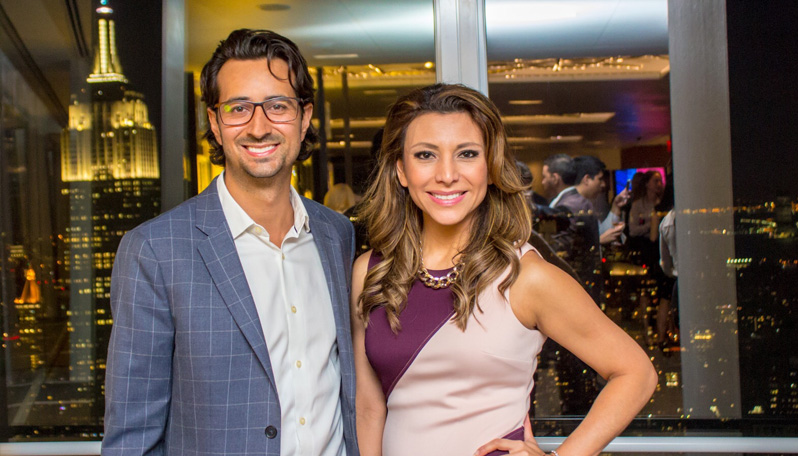Can you share an example of some of the recovery work your team is doing?
We’re really proud of the Puerto Rico recovery campaign we recently launched with “Hamilton” creator Lin-Manuel Miranda. Hurricane Maria was the worst storm to hit the island in over 80 years, resulting in the loss of thousands of lives and creating over $90 billion in damages. Small businesses were severely impacted, with an estimated 10,000 still closed today.
Because Puerto Rico’s local communities are powered by small businesses, helping them recover is critical to the island’s economic and social recovery. We matched up to $2 million in user donations to help small business recovery through a grant to Mercy Corps and The Hispanic Federation. We amplified the ongoing support needed in Puerto Rico through a video narrated by Lin-Manuel Miranda, as well as tweets from influencers across the Hispanic community including Jennifer Lopez and Olympian gymnast Laurie Hernandez.
What’s one thing you think brands can learn from Google’s approach to marketing?
A relentless focus on the user. At the end of the day, it doesn’t matter how brilliant our products or services are. If they’re not making a tangible impact on the lives of our users, they are useless. We understand that what drives us every day, behind every decision we make, is the passion to significantly improve the lives of as many people as possible through our products and services, like providing updates on your morning commute automatically through an alert on your phone, or automatically suggesting a faster route on Google Maps.
It’s easy to fall into the trap of focusing on the latest feature enhancement or other product bells and whistles. The key is to tap into the user insight — how does this product or service fit into the user’s life — and tell that story. It’s never about us. It’s about the user. That’s why it’s critically important for Google marketers — and all marketers — to focus on the “why” as much as the “what” behind products, services, and initiatives.
What’s on your plate for the balance of this year?
On the sustainability front, we are preparing a number of programs and partnerships for launch at Gov. Jerry Brown’s Global Climate Action Summit this month, as well as putting the finishing touches on Google’s annual Environmental Report.
In crisis response, we’re working on a few exciting projects designed to expand our impact, from the days and weeks after a crisis event to helping families and small businesses prepare in advance of a crisis. We’re excited to expand our impact, and I can’t wait to see what we bring to life in 2019.
If there were three key tips you could share with marketers, what would they be?
1. Ask how your product fits into the user's life. Then tell that story. 2. Focus on the "why" as much as the "what" behind your work. 3. Don't be afraid to proactively communicate your values.



